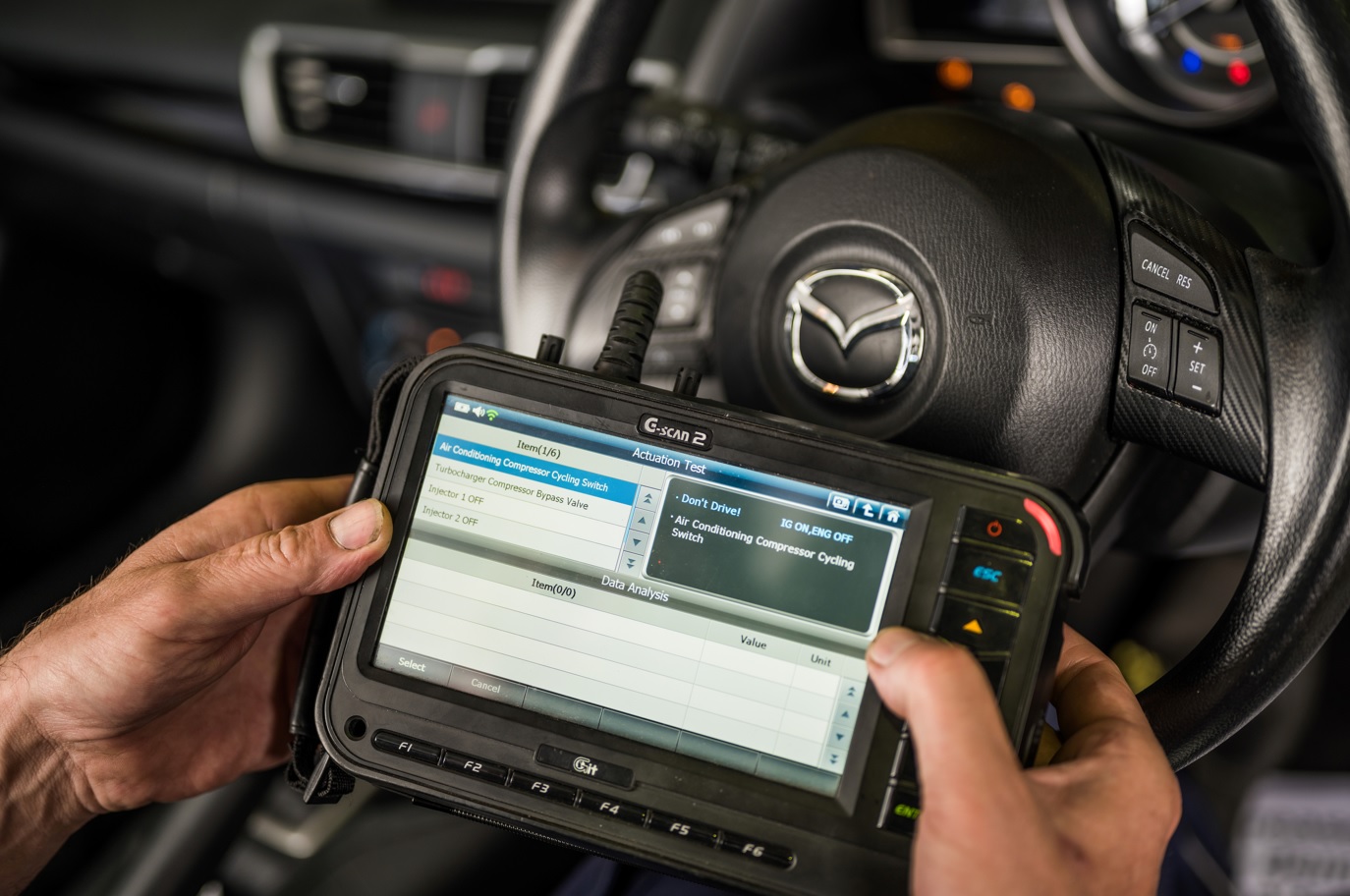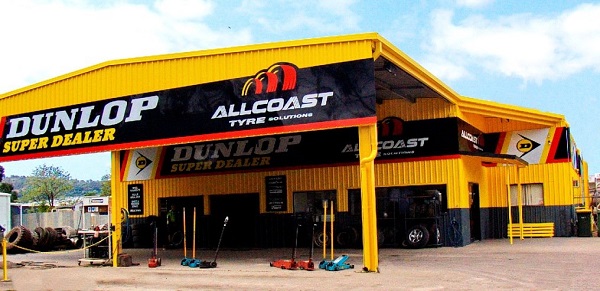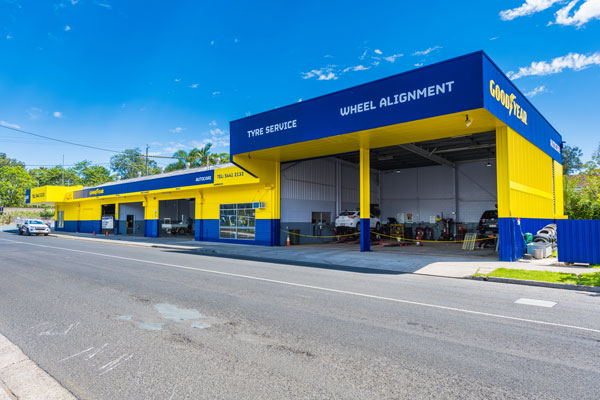
What's the difference between log book service and normal service?
Wednesday 15 June 2022
Back to Latest News
Logbook services and normal services are not the same. In this post, we look at the differences between the two, what logbook services include, what you get as part of a normal service, and which one you should choose for your vehicle.
What is a logbook service?
A logbook service is a proactive approach to vehicle maintenance. It involves frequent inspections and small fixes designed to keep your vehicle running within the manufacturer’s specification. The goal is to identify minor issues early on and stop them from developing into major problems that could be costly for you to repair later.
Mechanics use the term “logbook service” as a reference to the fact that they are abiding by the manufacturers servicing protocol, as stated in the log book that comes with the vehicle. By following the regular maintenance schedule outlined in the car manual, owners can often save a significant sum of money on car maintenance in the long-term.
Every make and model of car comes with a logbook that is unique to it. Therefore, no two servicing schedules are the same. Hence, taking your car to the mechanic every year, as you normally would, doesn’t make sense. Protocols are specific to the vehicle itself.
At the end of a service, some dealers will stamp the logbook to indicate that the service has been carried out by an authorised dealer. Customers can then produce the logbook if they ever need to make a warranty claim, proving that they did their bit to keep the vehicle in good working order.
What does it include?
Logbook services include the same set of services as normal services. However, the difference is that mechanics replace components and fluid at times recommended by the manufacturer, not at standard intervals.
In a typical logbook service, cars new oil filters and oil, and full inspection. Mechanics may also change the air filters, brake and coolant fluid, spark plugs, and even drivetrain components, depending on mileage or time elapsed since the last service.
Before going to your mechanic, ask what is included in the log book service. Double check that the servicing that they provide conforms to the manufacturer’s requirements.
What is a normal service?
Normal services operate under a different philosophy. Instead of following the manufacturers recommended servicing protocol, owners take their vehicles to garages for yearly services, regardless of the state of the components.
In the past, regular annual servicing was recommended for all cars. However, manufacturers have become much better at understanding the timing of component failure. Over the years, they have collected enormous troves of data that enable them to provide their customers with precise timetables for when they should repair or replace certain components. Hence, regular servicing is not as targeted.
Normal car services provide all of the maintenance your vehicle requires to continue functioning normally for a period of at least a year. These include motor oil changes, radiator coolant, wiper blades, brake pads, power steering fluid, and brake fluid. Some services also include professional valeting to maintain your car's interior and prevent degradation caused by dirt and grime.
Which one to choose?
Whether you should get a normal car service or a logbook service depends on your circumstances and personal preferences. Many older cars, for instance, do not come with log books that specify manufacturer servicing intervals.
Basic services replace your engine oil and oil filter, and may also include a series of checks covering your windscreen, car chassis, oil leaks, suspension, wipers, car tyres and brakes. However, even if mechanics are thorough, they may still overlook vital servicing areas recommended by the manufacturer.
If you choose to abide by a logbook servicing schedule, however, you are less likely to run into maintenance issues. Following the time table scheduled by the manufacturer, allows you to maintain your vehicle's maximum efficiency for the length of the time that you own your car. Not only will the car perform better at, but it will also use less fuel per mile travelled.
Most manufacturers recommend that you get your vehicle serviced every 10000 km. Log book servicing may need to be more frequent in cases where you use your vehicle for work or if you use it off-road. Always check the log book for guidance.
Would you like to benefit from log book services? If so, contact our team today and find out how they could help you get more value from your vehicle, long-term.




